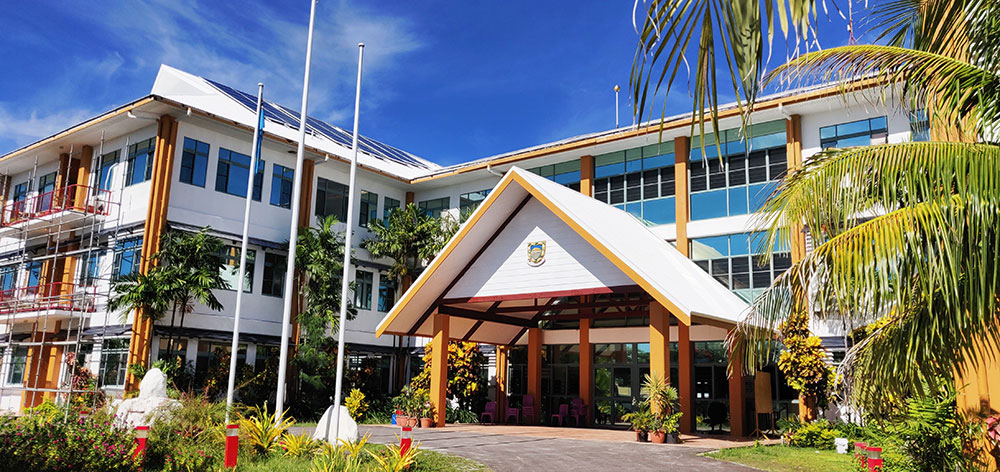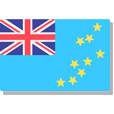
In 1974, ethnic differences within the British colony of the Gilbert and Ellice Islands caused the Polynesians of the Ellice Islands to vote for separation from the Micronesians of the Gilbert Islands. The following year, the Ellice Islands became the separate British colony of Tuvalu. Independence was granted in 1978.
Tuvalu consists of a densely populated, scattered group of nine coral atolls. Only eight of the atolls are inhabited. It is one of the smallest countries in the world, with its highest point at 4.6 meters above sea level.
The public sector dominates economic activity. Tuvalu has few natural resources, except for its fisheries. Earnings from fish exports and fishing licenses for Tuvalu’s territorial waters are a significant source of government revenue. In 2013, revenue from fishing licenses doubled and totaled more than 45% of GDP.
The financial impact of climate change and the cost of climate related adaptation projects is one of many concerns for the nation (Source: CIA World Factbook).
With financial assistance from the Australian Department of Foreign Affairs and Trade (DFAT) and the New Zealand Ministry of Foreign Affairs and Trade (MFAT), UNCTAD is currently engaged in the implementation of the Pacific Trade and Customs Harmonisation Project in line with the PACER Plus Development and Economic Cooperation Work Programme to review, streamline and automate the cargo clearance processes, to strengthen customs institutional capacity through trainings and capacity building, and to deploy the latest version of ASYCUDAWorld in the Customs Administration of Tuvalu.


